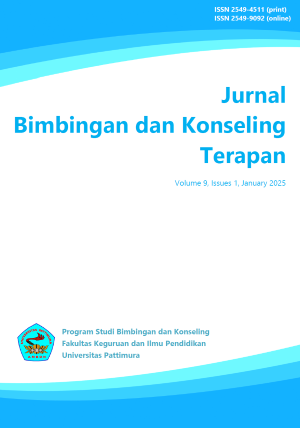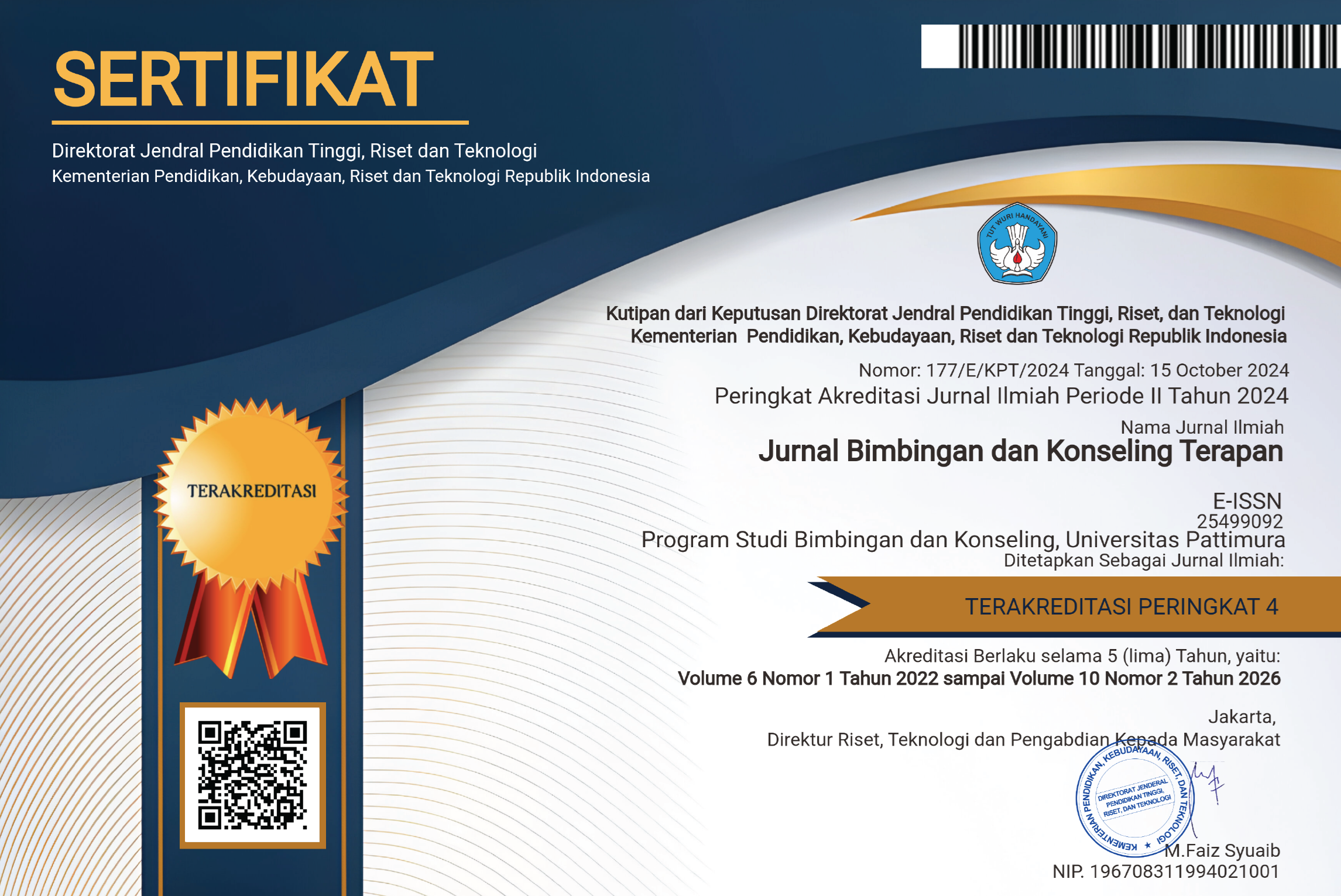The Role of Ethical Communication in Counseling: Insights from the Hadith Speak Good or Remain Silent
Abstract
Counseling is a deeply communicative process where effective interaction between counselor and client determines the success of addressing individual challenges. Counselors are tasked with creating empathetic, respectful, and wise relationships, ensuring clients feel safe to express their emotions and concerns. The principle of "Speak Good or Remain Silent," rooted in Islamic teachings and supported by the hadith from Sahih Bukhari (Index 5670), underscores the importance of ethical communication. This study examines the significance of this principle in counseling practices, focusing on its role in maintaining client confidentiality, fostering trust, and promoting a supportive counseling environment. Using a textual analysis method, the study delves into historical and contemporary perspectives on the principle. Primary sources include hadith texts and supporting Islamic literature, while secondary sources explore its application in ethics and professional counseling. The hadith is analyzed for authenticity through its sanad (chain of transmission) and matan (content), confirming its classification as sahih li dhatihi (authentic in itself) and a valid foundation for practice. Findings highlight the ethical and spiritual dimensions of speaking wisely in counseling, with practical implications for creating a comfortable, respectful environment for clients. Silence, as an alternative to unwise speech, is shown to be a critical tool for counselors to prevent harm and promote deeper understanding. This study offers valuable insights for integrating Islamic ethical principles into professional counseling, benefiting both Muslim and non-Muslim practitioners in fostering meaningful client-counselor relationships.












